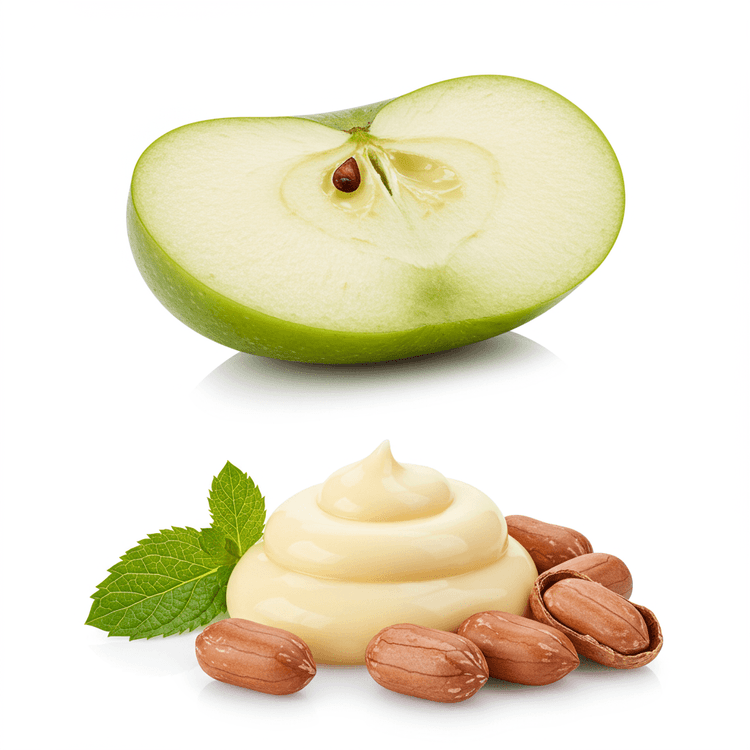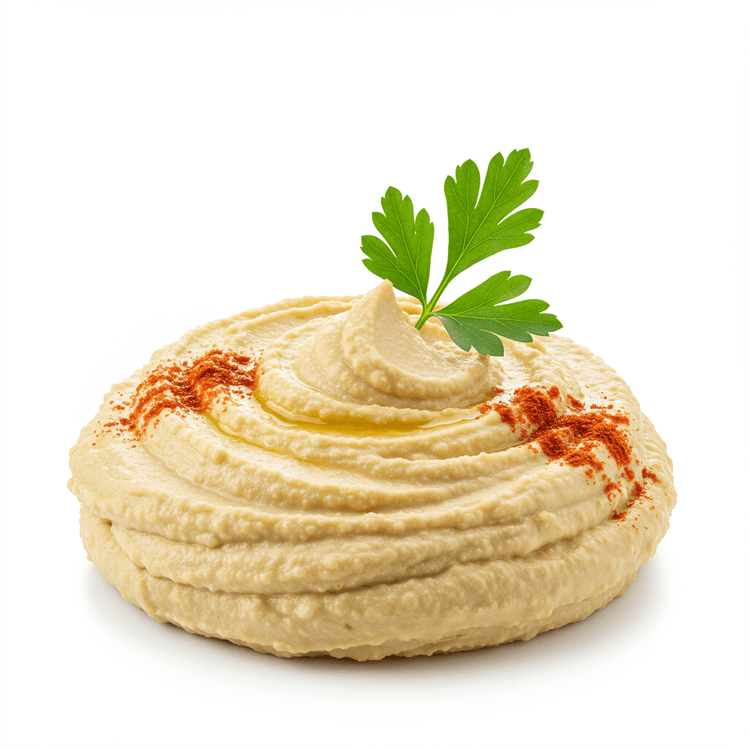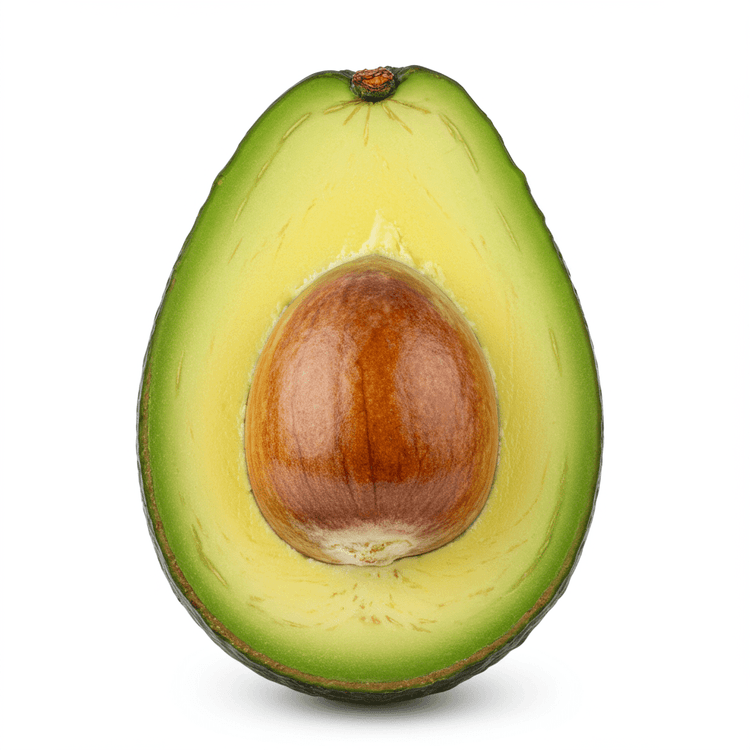
Vegetable Mayonnaise
Vegetable mayonnaise is a creamy, versatile condiment made without eggs, offering a plant-based alternative to traditional mayonnaise. It typically uses a base of vegetable oil, often canola or sunflower oil, emulsified with ingredients like soy milk, aquafaba (chickpea brine), or other vegetable-derived proteins. The flavor is similar to regular mayonnaise, tangy and slightly sweet, thanks to the addition of lemon juice or vinegar and a touch of sugar. Its texture is smooth and spreadable, and its appearance is typically a pale cream or white color. If you're looking for a vegan or vegetarian mayonnaise option that delivers on taste and texture, vegetable mayonnaise is an excellent choice. Many brands offer different varieties, including flavored options or those made with organic ingredients, so explore the options to find your perfect vegetable-based mayonnaise.
Common Uses
- Use vegetable mayonnaise as a sandwich spread for veggie burgers, wraps, and paninis to add moisture and flavor without using animal products. It provides a tangy and creamy element to your favorite lunchtime meals.
- Create delicious vegan or vegetarian salad dressings by whisking vegetable mayonnaise with herbs, spices, and a little vinegar or lemon juice. It offers a rich and creamy base for coleslaw, potato salad, or pasta salad, all without eggs.
- Use vegetable mayonnaise as a dip for raw vegetables like carrots, celery, and bell peppers. Its creamy texture and tangy flavor provide a great contrast to the crispness of the vegetables, offering a healthy and satisfying snack option.
- Make creamy sauces and dips for appetizers and snacks by combining vegetable mayonnaise with ingredients like sriracha, garlic, or dill. It’s perfect for serving with fried tofu, artichoke hearts, or other appetizers.
- Employ vegetable mayonnaise as a binder in vegan or vegetarian fillings such as tuna-less salad, chickpea salad, or vegetable pate. It helps hold the ingredients together while adding a creamy and flavorful component.
- Incorporate vegetable mayonnaise into baked goods, such as vegan cornbread or muffins, to add moisture and richness. It can replace some or all of the oil or eggs in certain recipes, resulting in a softer texture and enhanced flavor.
Nutrition (per serving)
Nutrition (per serving)
Calories
680.0kcal (34%)
Protein
0.0g
Carbs
0.0g
Sugars
0.0g
Healthy Fat
62.0g
Unhealthy Fat
11.0g
% Daily Value based on a 2000 calorie diet
Nutrition (per serving)
Calories
680.0kcal (34%)
Protein
0.0g
Carbs
0.0g
Sugars
0.0g
Healthy Fat
62.0g
Unhealthy Fat
11.0g
% Daily Value based on a 2000 calorie diet
Health Benefits
- Mayonnaise made with plant-based oils can provide healthier fats compared to traditional mayonnaise.
- Can be lower in cholesterol than egg-based mayonnaise, promoting heart health.
- Often lower in saturated fat, contributing to a balanced diet.
- May be suitable for vegan and vegetarian diets, expanding dietary options.
- Some brands are fortified with vitamins, adding nutritional value.
- Can offer a lighter taste and texture for some individuals.
Substitutes
Chefadora AI is here.
Experience smarter, stress-free cooking.
Storage Tips
Vegetable mayonnaise, like traditional mayonnaise, should always be refrigerated after opening. Store it in its original container with the lid tightly sealed to prevent spoilage and maintain its flavor. Avoid leaving it at room temperature for extended periods, as this can encourage bacterial growth. It is generally not recommended to freeze mayonnaise, as the emulsion can break down, resulting in a separated and undesirable texture upon thawing. Pay attention to the expiration date and discard if the product exhibits any signs of spoilage such as an off odor, discoloration, or unusual texture.
Marnirni-apinthi Building, Lot Fourteen,
North Terrace, Adelaide, South Australia, 5000
Australia




